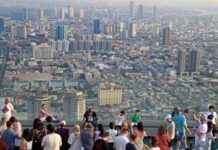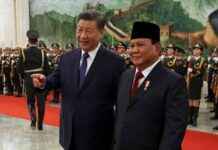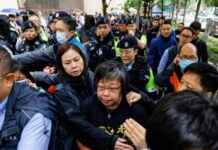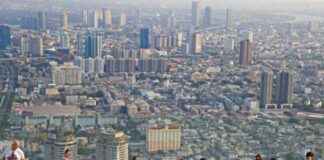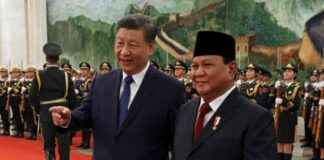A nighttime biking trend among university students in China has caused quite a stir among officials and the public. Thousands of students recently participated in a 50-kilometre cycling trip from Zhengzhou to Kaifeng, overwhelming the town upon arrival. This unexpected mass gathering has raised concerns about traffic congestion and safety.
Initially, the Chinese authorities viewed this trend as a positive boost to tourism, but after the massive cycling event, the sentiment shifted. The Ministry of Emergency Management issued a notice reminding cyclists to follow traffic rules, and bike-sharing apps threatened to freeze bikes taken beyond designated areas. Some universities even required students to obtain exit permits to leave campus.
The crackdown on the nighttime biking craze has sparked backlash among the public, with many questioning the restrictions and expressing their frustration online. Safety concerns and the potential for political implications have been cited as reasons for the authorities’ actions. Chinese youth unemployment and the history of student-led protests have made university students a sensitive demographic in the eyes of the government.
President Xi Jinping’s government has a history of limiting large gatherings outside state control to maintain its authority. The recent crackdown on the nighttime cycling trend is another example of the government’s efforts to prevent collective actions that could challenge its rule. Even seemingly harmless activities like Halloween celebrations have faced restrictions in some cities.
The cycling frenzy, which began as a fun activity for students to explore neighboring towns, has now turned into a contentious issue with broader implications. The government’s response to the trend reflects its concern over the potential for organized movements that could threaten its stability. By censoring critical articles and implementing strict measures, the authorities are trying to prevent any escalation of dissent.
As China navigates economic challenges and social shifts, the government is keen on maintaining control and preventing any form of collective action that could challenge its authority. The nighttime biking trend may have started as a harmless activity, but its rapid growth and political undertones have put it under scrutiny. The clash between youthful exuberance and state control highlights the complexities of modern Chinese society.
In a country where dissent is carefully monitored and controlled, even seemingly innocuous activities can become flashpoints for larger social and political issues. The nighttime biking craze serves as a microcosm of the delicate balance between individual freedom and state control in China. As the government tightens its grip on public gatherings and expressions, the future of such spontaneous movements remains uncertain.




